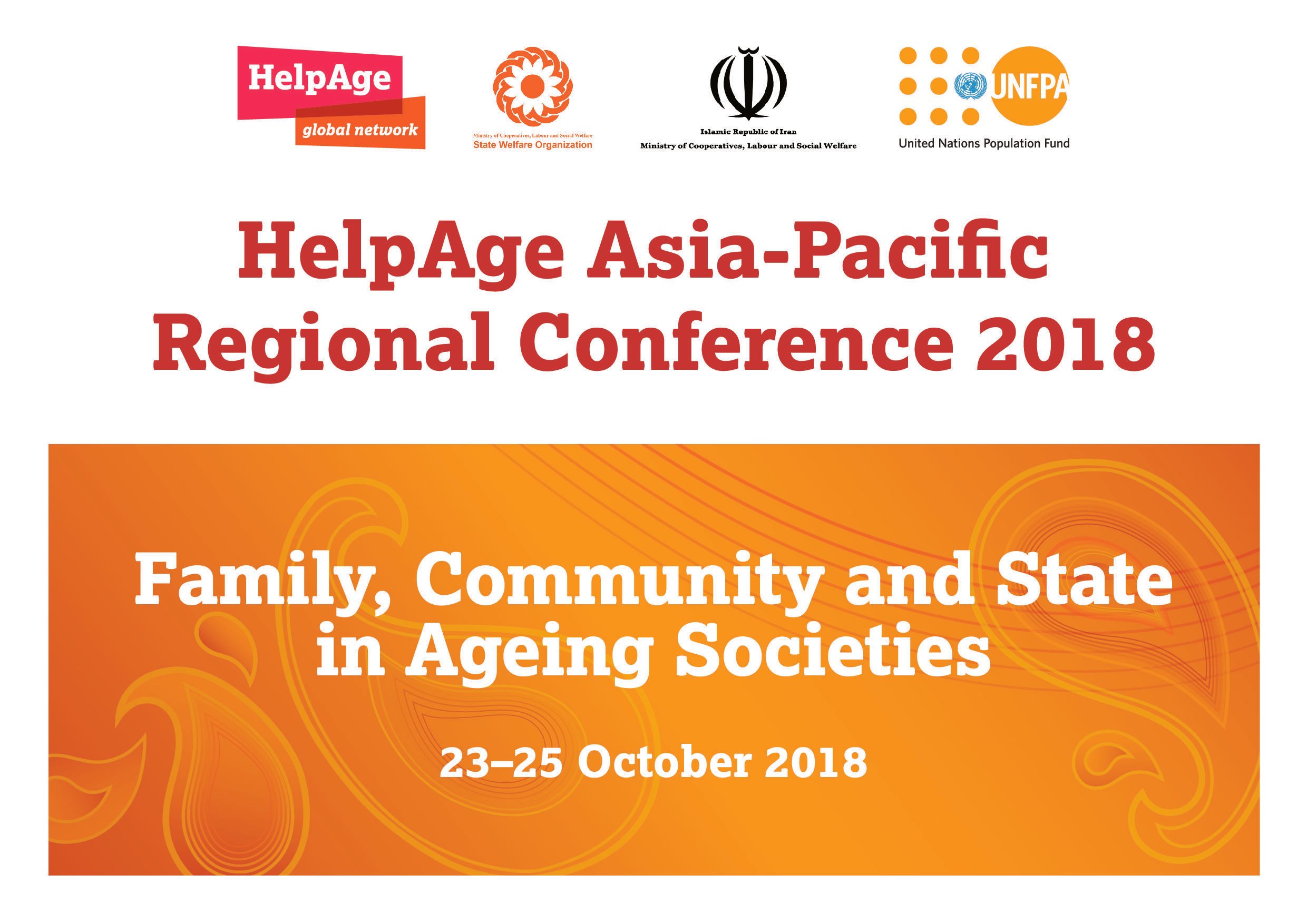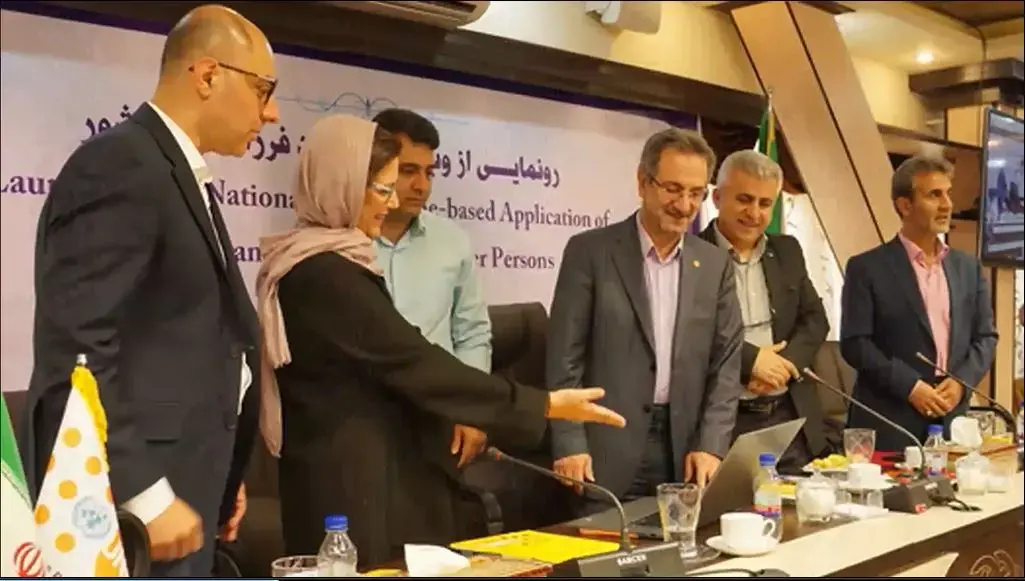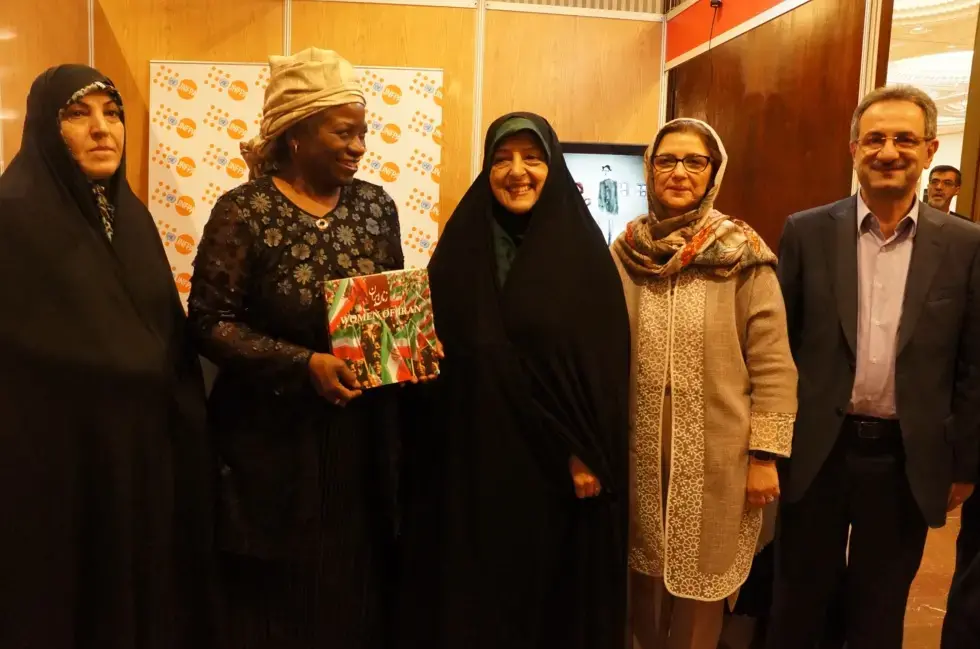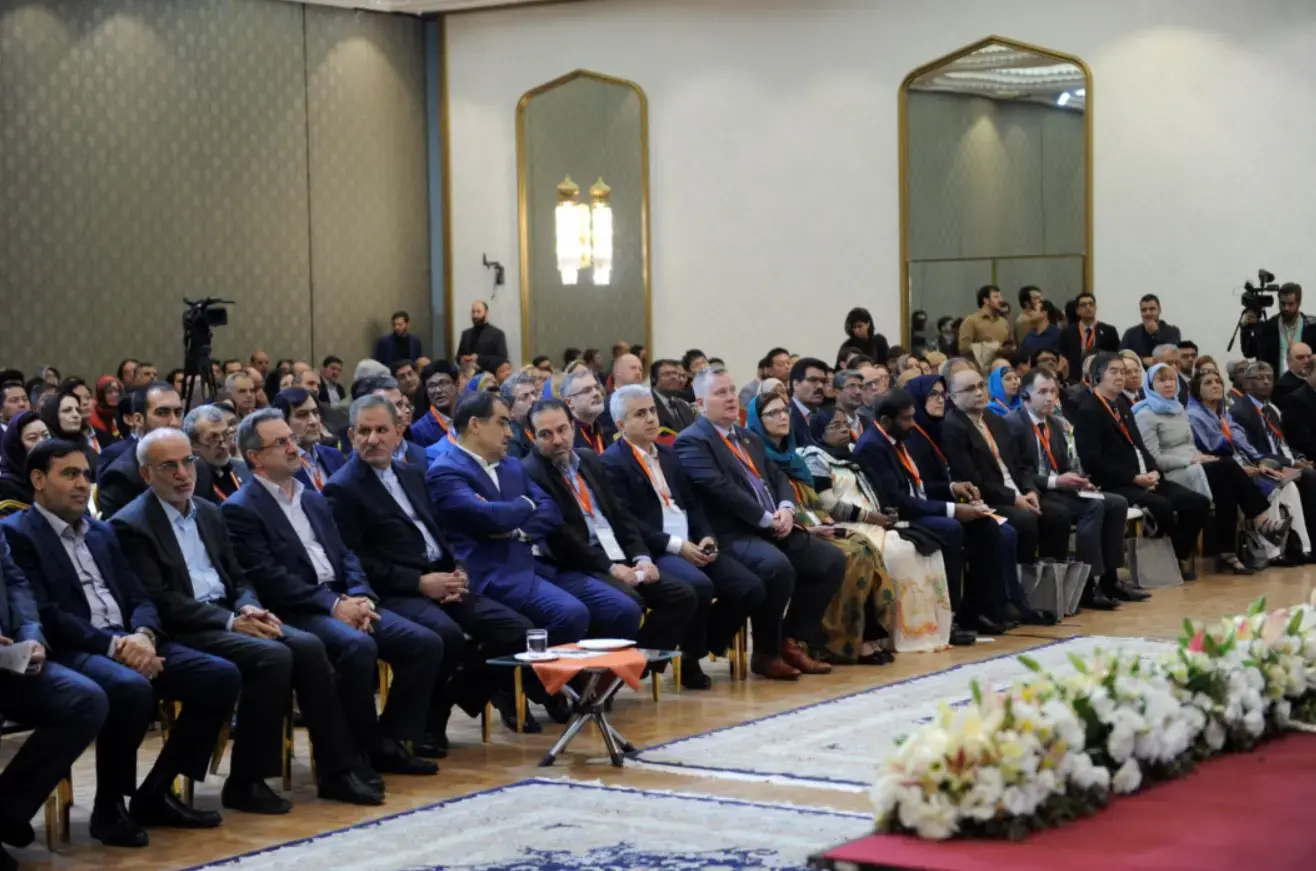Population ageing is one of the major demographic transitions globally, especially in the Asia and Pacific as one of the most populated areas in the world. The speed and scope of population ageing as well as its profound implications for socio-economic development, call for immediate action at different levels particularly at the level of policy formulation and planning.
Most countries in the region are advancing in adapting policies and practices to the demands of rapid population ageing. Some of these countries are more ahead in this process i.e.; Thailand, Vietnam, Republic of Korea, Japan while others are at different stages of policy development.
Given that, exchanging knowledge and experiences among these countries is essential, to better grasp potential solutions to the issues related to population ageing and the needs of older people.
In this context, the Government of Iran (GoI)[1] in collaboration with UNFPA and the Asia and Pacific Regional Office of the HelpAge International held a regional forum on policy implications of population ageing in July 2017 in Tabriz. This forum mainly aimed at facilitating exchange of knowledge and expertise among these countries, and to contribute to the process of policy formulation and came to an end with endorsement of a statement.
As a follow-up to Tabriz forum, this year, in partnership with the UNFPA , the Ministry of Cooperative, Labour and Welfare, the State Welfare Organization of Islamic Republic of Iran, the HelpAge Asia-Pacific Regional Conference will be held in Tehran from October 23 to 25.
HelpAge International in Asia-Pacific has been holding regular regional conferences on ageing for the last 20 years. Previous conferences have taken place in India (2006), Indonesia (2008), Australia (2010), Myanmar (2012), Thailand (2014) and Vietnam (2016).
The conference is also being supported by Age International and the United Nations Economic and Social Commission for Asia and the Pacific (UNESCAP).
UNFPA Executive Director and Deputy Secretary General of the United Nations, Dr. Natalia Kanem, high level Iranian officials, foreign missions representatives as well as 121 delegates from 28 countries including government ministers, non-government and civil society organizations, academics and researchers, and members of the media will attend the conference.
Sessions at the conference will focus on a range of themes and issues, including:
- The impact of longevity on family structures;
- How older persons can be better involved in shaping policies that impact them;
- Financial security in old age;
- The evolution of long-term care;
- Addressing exclusion and isolation in old age by fostering age-friendly communities;
- How older persons can continue to work well beyond retirement age; and
- The gender dimensions of population ageing.
A detailed programme will be posted online at https://www.ageingasiaconf2018.org/programme
The expected outcomes of the conference are:
- A greater understanding of how communities and governments can work together to support families facing challenges associated with rapid population ageing;
- Shared international experience in how countries shape their public policies, structures and services to adapt to demographic change; and
- Wider and deeper networking among a range of organizations interested in population ageing issues in the Asia-Pacific region and the Islamic Republic of Iran.
More Information:
iran.unfpa.org
Instagram: @UNFPAIRAN
Twitter: @UNFPA_IRAN
[1] Ministry of Cooperatives, Labour and Social Welfare (MoCLSW), State Welfare Organization (SWO) and Secretariat of National Council for the Elderly (SNCE)





